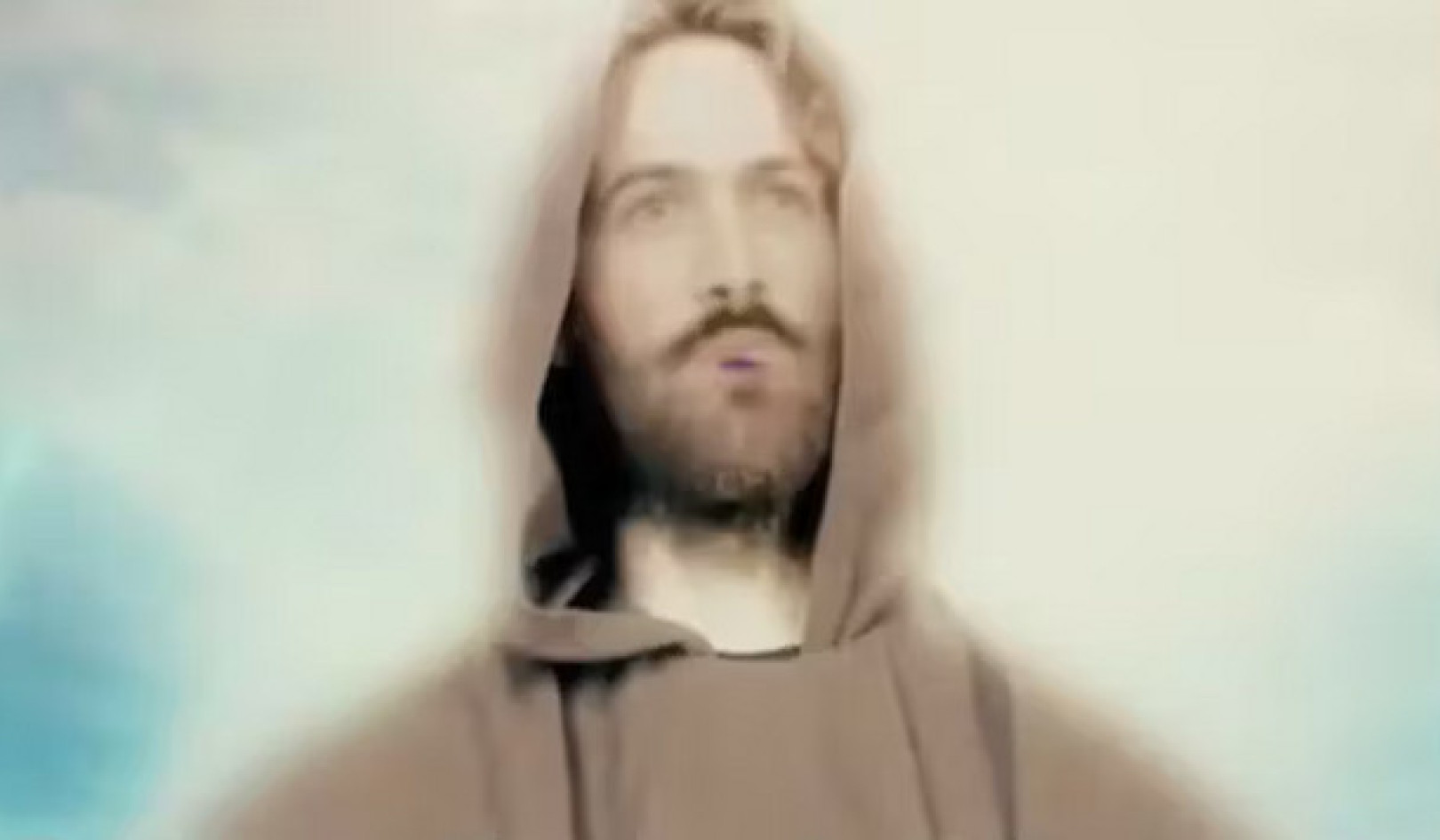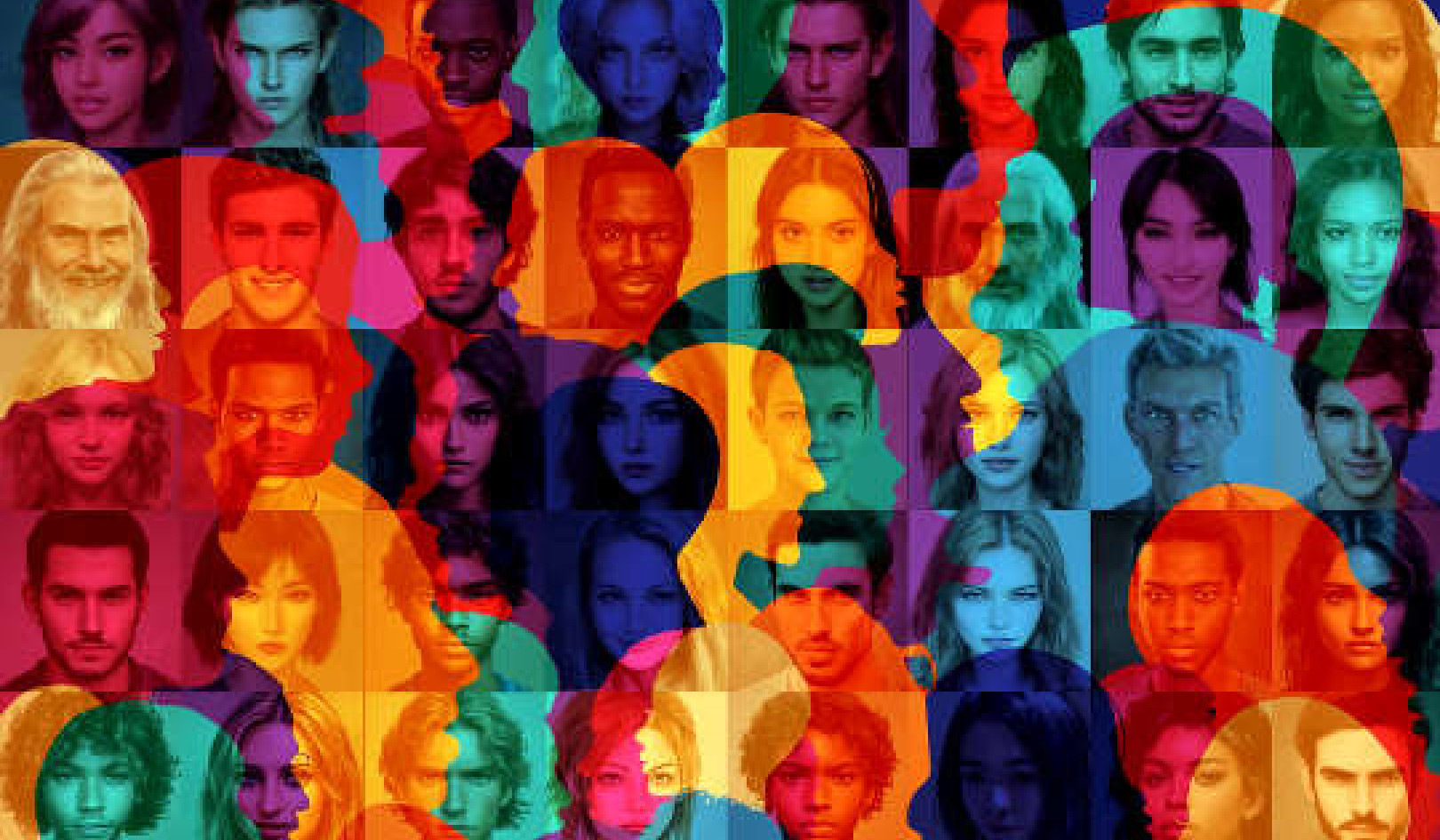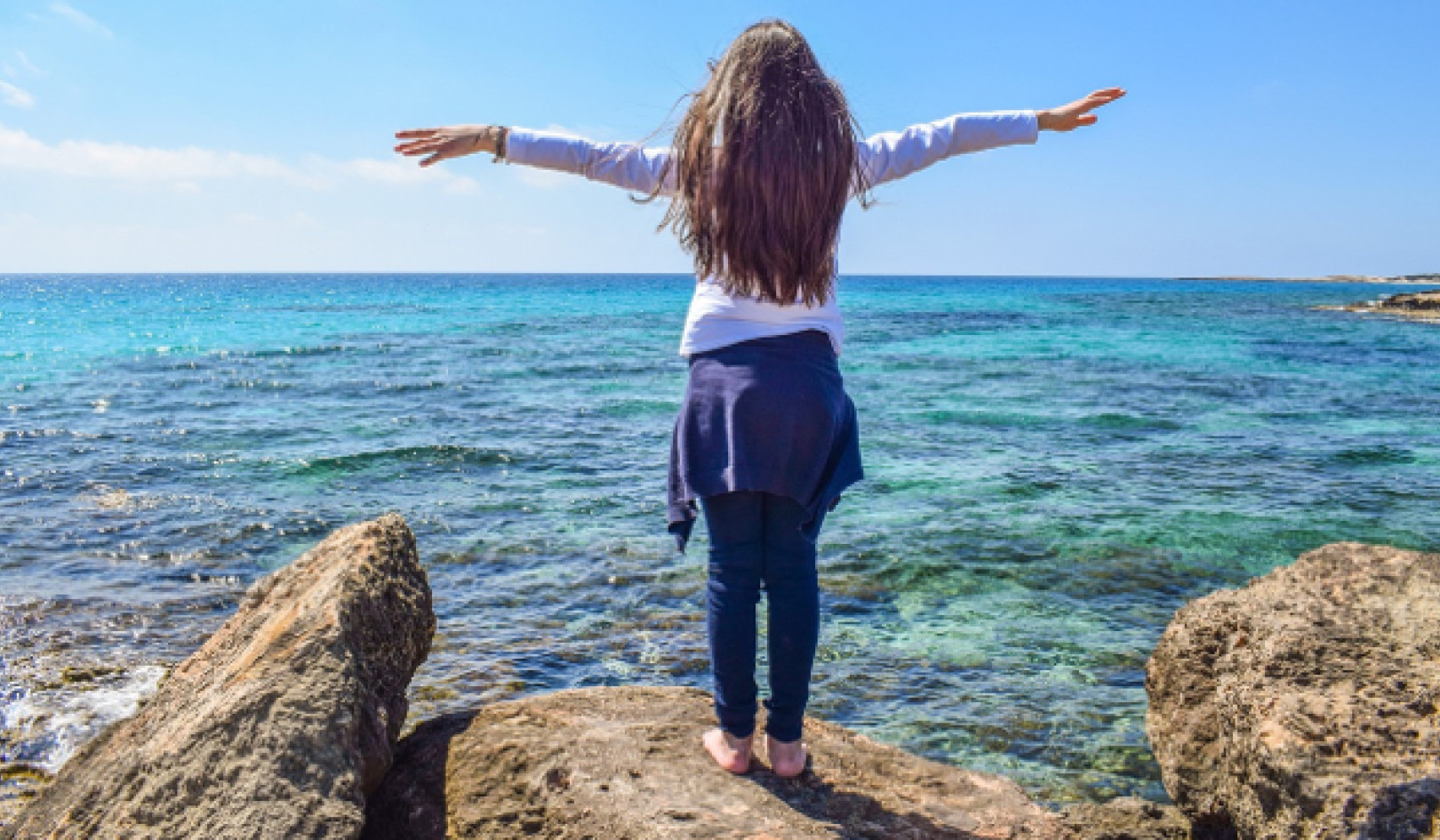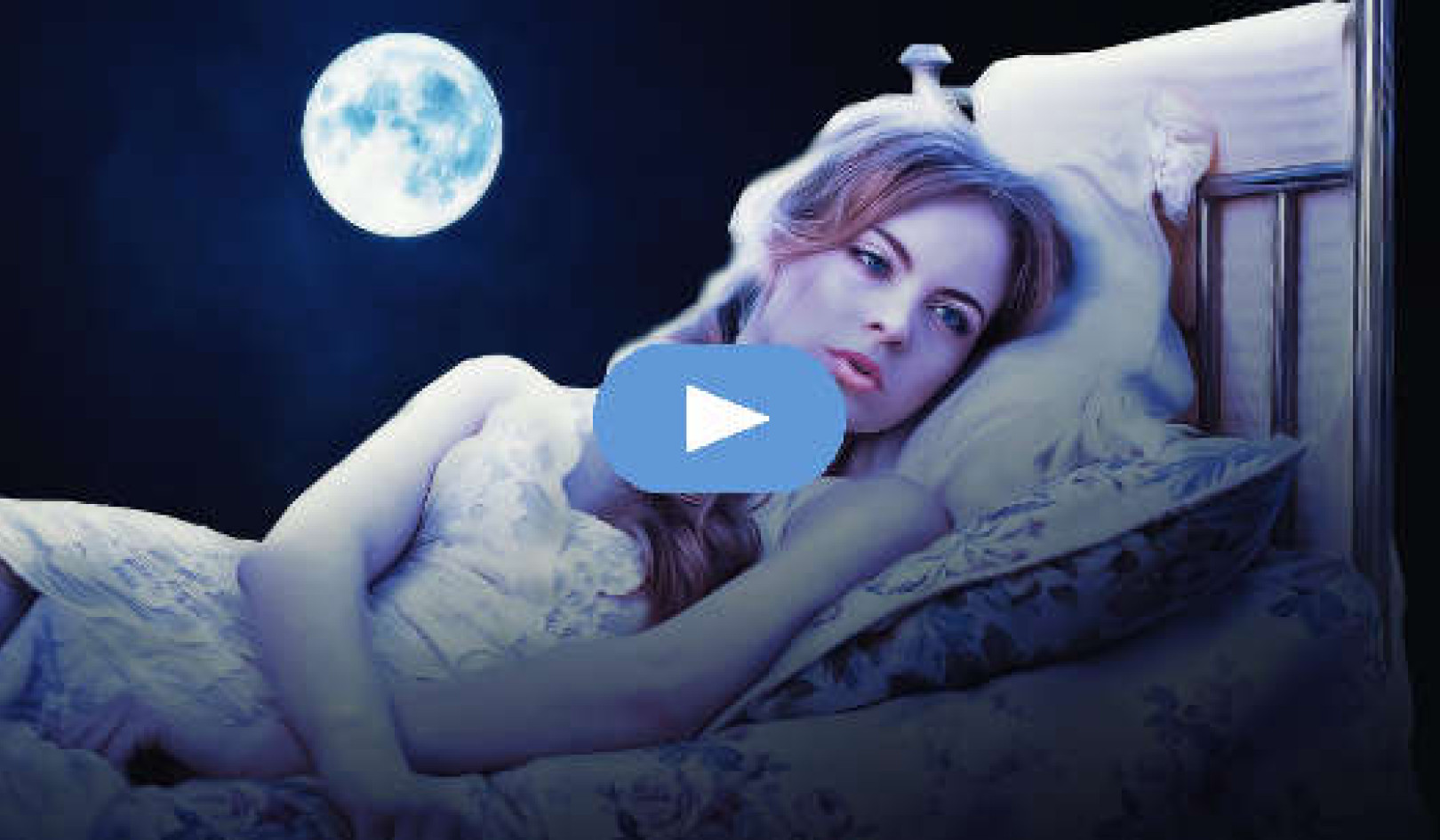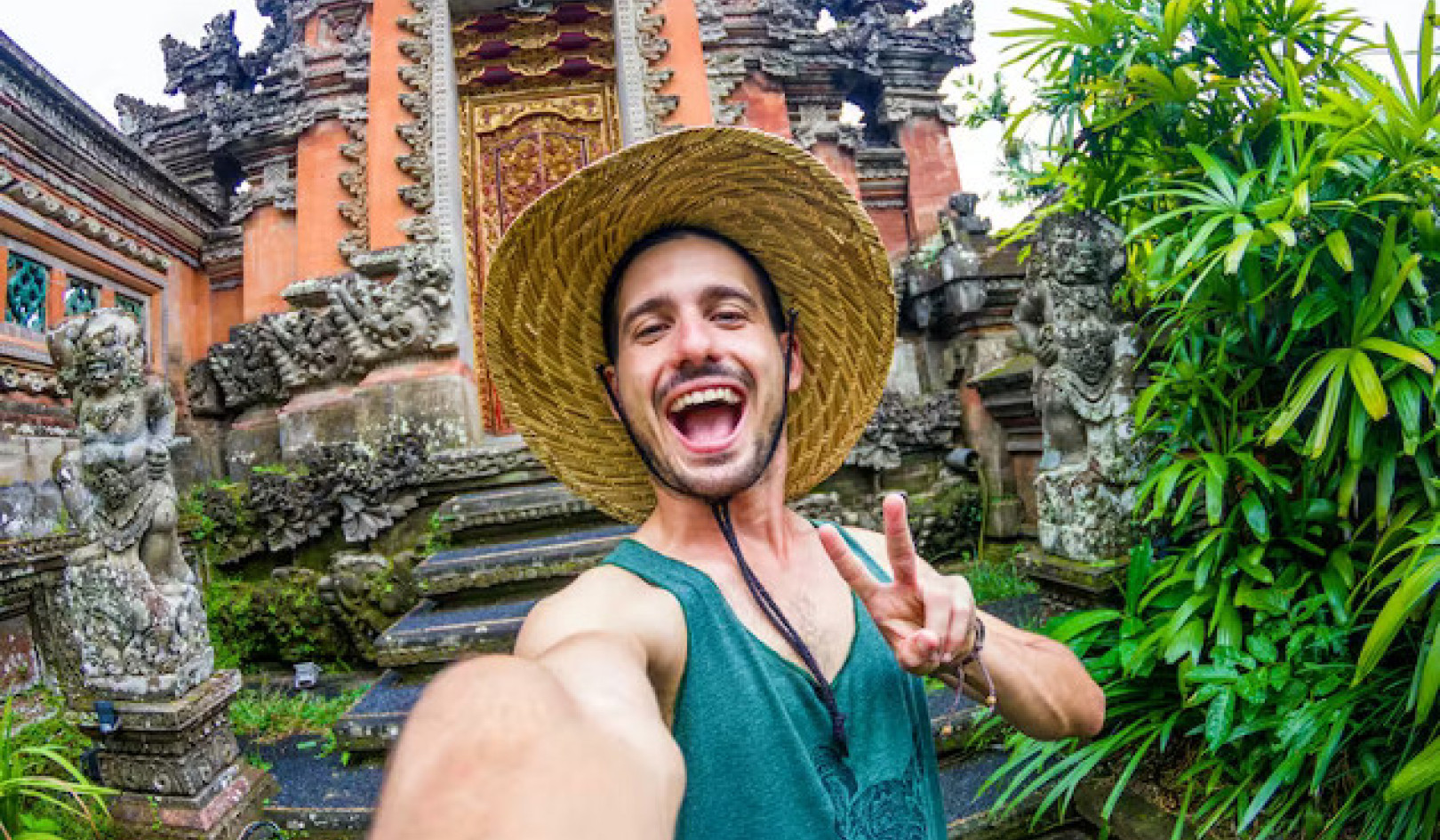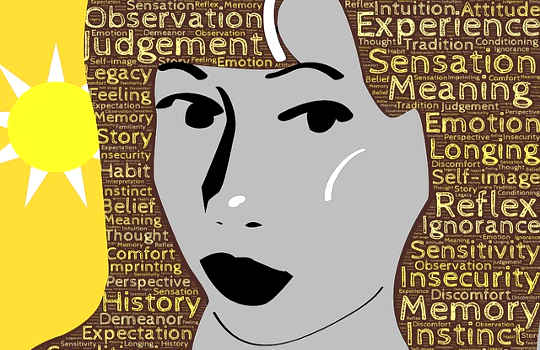
I have been and still am a seeker,
but I have ceased to question stars books;
I have begun to listen
to the teaching my blood whispers to me.
— Hermann Hesse
The body has its own language that is older and more primal than most of us realize. Our bodies speak to us with sensations, images, emotions, and an inner knowing that is beyond words. Have you ever had a niggling doubt that nags you for days, a vague pain in your leg that won’t go away, or a heaviness in your heart that could mean either “I need to call my mother” or “I should call my doctor”?
Common idioms, the little everyday phrases that people use, often capture glimpses of this body wisdom. For instance, “my heart goes out to you” is obviously not meant literally. It is a figure of speech that means “I am feeling empathy for you and am reaching out to connect.” But when you hear or read those words, how do they make you feel? When I read “my heart goes out to you,” I feel a rush of warmth in my chest, and I soften. My chest expands as I contemplate my heart energetically encompassing someone in need.
Most of us are conditioned at a very young age to turn off this inner guidance system of sensation, imagery, and inner knowing. Our priceless body wisdom is getting lost as our culture speeds up and becomes more technology driven. Compounding this issue is the fact that life’s traumas also cut us off from our body’s wisdom.
As a result, we may flounder when making decisions, we may remain in less-than-ideal or unsafe situations, and we may end up living a life that truly isn’t ours — while the whole time our body is madly signaling us with the answers and solutions we seek. Now is the time to start listening and reclaim this life-giving system that lies within each of us, patiently waiting to be heard.
The Beginnings of My Disconnection
When I was a young child, I felt connected to my body. I ran through the grass, climbed trees, built forts, and played outside every day and into the evenings. My heart felt as big as the sky, and life touched me deeply.
One warm autumn day, when I was almost four, a dog wandered into our front yard, and I felt an immediate bond with this gentle, golden-haired creature. It was as though we had known each other forever. I hugged him as we rolled in the grass and snuggled together for hours. I was certain this wonderful four-legged being was going to be my lifelong friend.
When I took him into the house to share my excitement, my parents informed me that I could not keep him — the dog must surely belong to someone else, and we had to find his owner.
I was shocked! I cried so hard I could barely breathe. Couldn’t they see how deeply connected we were? How could they separate me from my newly discovered old friend? I still remember the warmth in his eyes and the deep connection we shared at a heart level.
This experience sent the message that heart connections didn’t matter. My natural capacity for joy and exuberance was diminished that day.
Off To Kindergarten...
As the eldest of my family’s three children, I was shuttled off to kindergarten at age four before I was emotionally ready. On my first day in that huge, dark old building, my mom reassured me that if I didn’t like it, she would be waiting outside to take me home.
Ten minutes into class, as I looked at the dour, unsmiling face of Mrs. Hoyberger, I knew deep inside that I did not belong there. This world felt closed in, dry, and regimented. I quietly slipped into the cloakroom and then out the classroom door.
Once outside, I was devastated to discover that my mom had left without me. Just then, Mrs. Hoyberger grabbed me from behind and sternly ushered me back to the classroom, from which there was no further escape.
On that day, I learned to rein in my tears and my sense of being overwhelmed in order to fit in. As I grew, I began to shut down other parts of myself to create an acceptable and pleasing persona for my family and teachers.
Another message I internalized was that no one would actually be there to catch me if I fell — so I could truly depend only on myself. This belief made me stronger and more self-reliant, but it became harder to let other people in because I regarded my vulnerability as a liability — something to hold at arm’s length.
I was very observant and smart. I learned that when I placed my needs last and took care of everyone else first, I gained approval and love. I learned to value my intelligent, reasoning mind more than the feelings and sensations of my body.
By the time I was a teenager, I lived behind invisible walls, firmly shielded from whatever I thought could possibly hurt me.
I rarely cried, only doing so when I was alone. I saw myself as the “Rock of Gibraltar,” a place of safety and strength for everyone who needed me. People loved me for my responsible caregiving, while within I felt numb and confused. The tenderness in my own heart did not get seen, much less touched. I was constantly trying to please everyone.
Mine Is Not An Uncommon Story
My traumas were not large, relatively speaking. Some might not consider them traumas at all. I certainly have been witness to friends and clients in my therapeutic practice and classes who have experienced far worse.
Yet trauma is a subjective experience. We should not judge our own traumas as being large or small by comparing them with anyone else’s experience — not even doctors can know the personal impact of an individual’s experiences and how they may be stored in their system.
As I travel and teach internationally, I ask my students if they consider their empathy and sensitivity to life to be an asset. Very few hands go up. Most of us consider our empathic abilities a liability, not an asset. Few realize that this internal capacity to feel life is what makes us fully human and allows us to function to our full potential. Healthy empathy is the capacity to sense our body, our emotions, and to walk in someone else’s shoes without taking on their issues as our own.
Ironically, despite caring about others and our empathetic responses, when we create excessive protective barriers between the world and ourselves, we unknowingly undermine ourselves. We don’t realize that these barriers may sometimes shield us from life’s pain, but they also cut us off from the juiciness of life, from our creativity and joy, and from the knowing that helps us take care of ourselves.
Learning To Trust My Gut
One hot, humid summer night when I was seventeen, I got a pivotal wake-up call that fundamentally changed the direction of my life. That evening was a typical Virginia summer night. The air felt thick and heavy. I was at a neighborhood pool party. My friend John asked if we could go somewhere and talk. I thought the request was a bit odd, but I figured he needed some sisterly advice.
John was a longtime friend, a sweet teddy bear of a guy. Unbeknownst to me, he was spinning out of control in that moment and coming down from a long stretch on amphetamines. I was clueless about the underground drug culture that was widespread around me.
We sat in the front seat of his car in the parking lot outside the pool and were having a normal teenage conversation, just “hanging out.” As we talked, I began to feel a strange but distinct uneasiness in my gut. This was not in response to the tone of his voice or the topic of conversation, yet the uneasiness continued for well over half an hour.
My thoughts were telling me it was unreasonable to feel uncomfortable with my friend, so I ignored my gut feelings. After all, he was like an older brother to me, and I dismissed my discomfort as foolish and didn’t say anything about it.
Then, I turned away from him for a moment to look out the window, and the next thing I knew his hands were around my throat. He was strangling me. He was so strong I quickly and completely passed out.
When I regained consciousness, I was trembling all over. My head was pressed against the car door. John was plastered to the other side of the front seat, behind the steering wheel, obviously shocked and horrified at what he had done. He was apologizing profusely. I, too, was in serious shock.
Every cell in my body screamed at me to get out of the car now. This time, I listened. My primal survival instinct overruled my sweet seventeen-year-old politeness. As the strength in the lower half of my body surged back, I managed to open the door, and I crawled, shaking like a leaf, across the parking lot to my boyfriend’s car, where help was waiting.
My heart felt shattered. Afterward, I soon learned why my friend had been so violent that night; he had been on drugs and was basically melting down inside. But my mental, left-brained knowing could not fix the damage. It took years of bodywork and emotional healing to melt the internal scars of fear and betrayal from that event.
In the moment, had I recognized and appreciated my gut intelligence and honored the message it was giving me, I could have avoided this life-changing trauma.
My Gut Knew...
By saying this, I am not implying that what happened was my fault! This is a common response among trauma survivors, as I know from my decades of study and work with this population. Survivors may blame themselves, especially when the perpetrator is someone they know. In the immediate aftermath of my encounter, I did the same thing, wondering what it was about me that had caused this to happen.
Yet the blame was not mine, and I want to be clear that victims are not to blame for their traumas. Life happens, and even in the best of situations, we are never fully in control.
On the other hand, I also learned something valuable. As I healed emotionally and physically from my traumatic experience, I became fascinated with the realization that my gut had known that something was off about sitting in that car with my friend!
Afterward, I promised myself that I would never second-guess my gut knowing again, even if the reasons for that knowing were not readily apparent on any other level.
That experience opened my eyes, and I realized that I had failed to listen to my own alarm system. My learned habits, automatic responses, and limiting beliefs had kept me from listening to and acting on my body’s wisdom.
This life-threatening trauma jolted me awake and brought me to my process of self-healing. Not only did it enable me to heal fully, but it also has guided me in ways that helped me avoid other potentially traumatizing situations.
©2017 by Suzanne Scurlock-Durana. All Rights Reserved.
Reprinted with permission of New World Library.
www.newworldlibrary.com or 800-972-6657 ext. 52.
Article Source
Reclaiming Your Body: Healing from Trauma and Awakening to Your Body’s Wisdom
by Suzanne Scurlock-Durana.
 Many of us have learned to ignore, deny, or even mistrust the wise messages our bodies give us. The result is that when trauma strikes, a time when we need every aspect of our beings to master the challenge, we may find ourselves disconnected from our greatest strengths.
Many of us have learned to ignore, deny, or even mistrust the wise messages our bodies give us. The result is that when trauma strikes, a time when we need every aspect of our beings to master the challenge, we may find ourselves disconnected from our greatest strengths.
Click here for more info and/or to order this book.
About the Author
 Suzanne Scurlock-Durana, CMT, CST-D, has taught about conscious awareness and its relationship to the healing process for more than twenty-five years. She is passionate about teaching people practical skills that allow them to feel the joy of being present in each moment of their lives, without burning out. Suzanne's Healing from the Core curriculum, combined with CranioSacral therapy and other bodywork modalities, creates a complete, body-centered guide to awareness, healing, and joy. She is also the author of Full Body Presence. You can learn more at HealingFromTheCore.com.
Suzanne Scurlock-Durana, CMT, CST-D, has taught about conscious awareness and its relationship to the healing process for more than twenty-five years. She is passionate about teaching people practical skills that allow them to feel the joy of being present in each moment of their lives, without burning out. Suzanne's Healing from the Core curriculum, combined with CranioSacral therapy and other bodywork modalities, creates a complete, body-centered guide to awareness, healing, and joy. She is also the author of Full Body Presence. You can learn more at HealingFromTheCore.com.





















